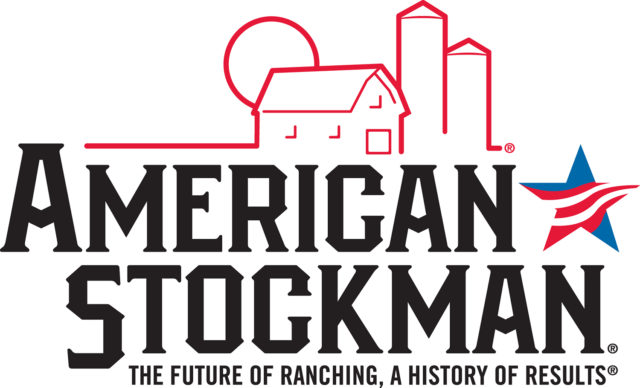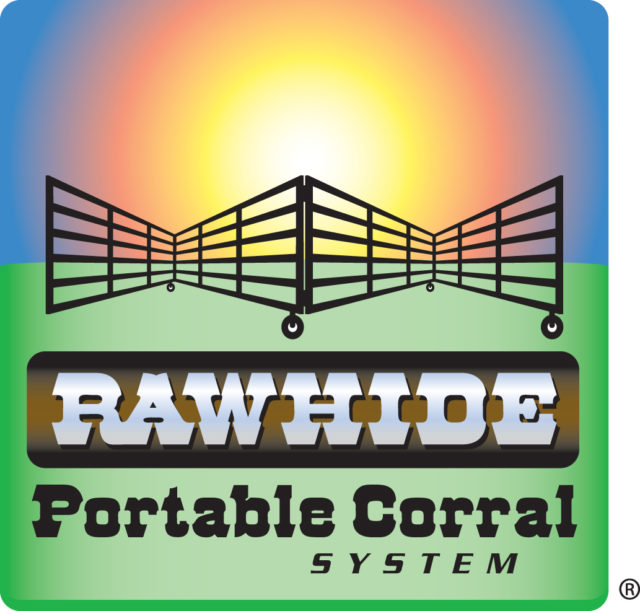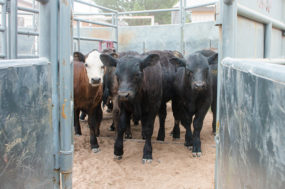Tyson Foods officials said the decision is based on animal welfare concerns, and whether use of the feed supplement has led to an increase of non-ambulatory or lame beef cattle arriving at Tyson plants.
"We do not know the specific cause of these problems, but some animal health experts have suggested that the use of the feed supplement Zilmax, also known as zilpaterol, is one possible cause," read the letter, signed by John Gerber, director of cattle procurement for Tyson. “Our evaluation of these problems is ongoing but as an interim measure we plan to suspend our purchases of cattle that have been fed Zilmax.”
Tyson said the letter was issued to give 30 days notice to producers, and that the suspension is to remain in effect until further notice.
“This is not a food safety issue,” the letter concluded. “It is about animal well-being and ensuring the proper treatment of the livestock we depend on to operate.”
Zilmax, known as a class 2 beta agonist, is fed to cattle in the finishing stages at a feedyard. It increases the synthesis of muscle cells but decreases the rate of degradation of existing cells, leading to increased muscle size. This has led to Zilmax-finished cattle having greater dressing percentages and carcass weights, according to University of Wyoming beef nutritionist Scott Lake.
In studies, the supplement adds an additional 28 pounds of carcass weight during the last 20 days. The withdrawal period for animals on Zilmax is three days before harvest.
The other beta agonist on the market, ractopamine, also known as Optaflexx from Elanco Animal Health, is a class 1 beta agonist. Gary Mickelson, a spokesman for Tyson, said the decision only involves the use of Zilmax in beef cattle.
Ractopamine does not produce as much muscle growth as zilpaterol, and has been shown to preserve more quality and tenderness. But trade partners such as Russia and China have banned beef using ractopamine.
Merck Animal Health, the makers of Zilmax, defended the safety and quality of the product observed over 30 years of development and testing.
“It is important to understand these data included rigorous animal health safety and well-being studies - conducted by university experts - that found the behavior and movement of cattle fed Zilmax is normal,” the statement read.
“We are surprised by Tyson’s letter. We are confident that, based on all of the available data on Zilmax, the experience reported by Tyson is not attributable to Zilmax. Indeed, Tyson itself points to the fact that there are other possible causes and that it does not know the specific cause of the issues it recently experienced. We will continue to work with Tyson to help it identify those other causes. Again, we are confident that the totality of our data does not support Zilmax as being the cause of these experiences, and we remain confident in the safety of the product.”
Cattle futures jumped early on the Chicago Mercantile Exchange as a result of the Tyson policy, as investors speculated the suspended cattle purchases would put greater demand on already tight beef supplies.
Tyson owns 26 percent of the U.S. beef packing market, making it the second largest beef producer in the U.S. It operates seven beef plants located in Iowa, Illinois, Nebraska, Kansas, Texas and Washington and processes 132,000 head of cattle a week. ![]()






